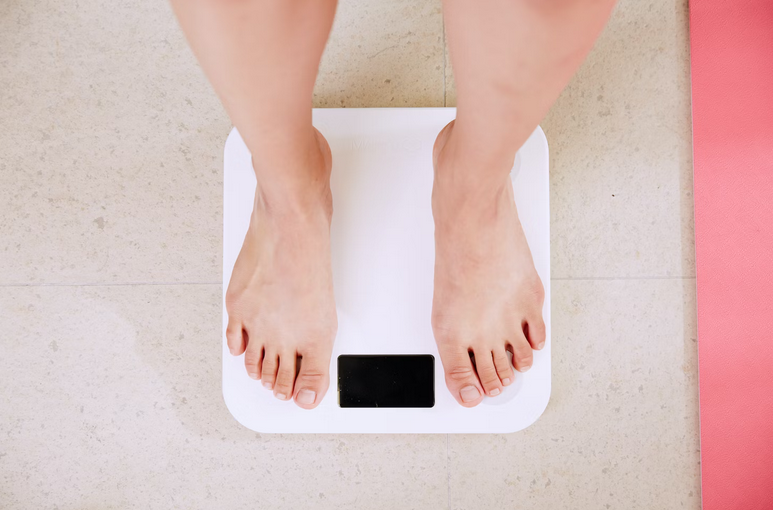We all have those moments when we reach for a tub of ice cream or a bag of potato chips to comfort ourselves after a long, stressful day. But did you know that this seemingly innocent habit can actually have serious consequences for both our physical and mental well-being? In this article, we will delve into the hidden dangers of emotional eating and explore how it can impact our weight, relationship with food, emotional dependence, and overall mental health. So grab a healthy snack (you might need one later!), and let’s dive in.
Weight Gain

One of the most obvious dangers of emotional eating is the potential for weight gain. When we turn to food as a source of comfort or stress relief, we often reach for high-calorie, unhealthy options that provide temporary satisfaction but have long-term consequences. These foods are typically loaded with sugar, fat, and empty calories that can quickly pack on the pounds. After eating so much, many people develop a big belly. This is where they resort to taking pills to lose belly fat. We may find ourselves mindlessly consuming large quantities of food without even realizing it until it’s too late. The excess calories consumed through emotional eating can easily outweigh our energy expenditure, leading to weight gain over time.
Unhealthy Relationship with Food
 Food is not just sustenance; it occupies a significant place in our lives. However, when our relationship with food becomes unhealthy, it can have serious consequences on both our physical and mental well-being. For some individuals, food becomes a coping mechanism for dealing with difficult emotions. Whether they are stressed, sad, or anxious, turning to food provides temporary comfort. Unfortunately, this emotional dependence on food can lead to overeating and weight gain. Moreover, an unhealthy relationship with food often involves consuming large amounts of processed and junk foods that lack essential nutrients. These foods may provide momentary pleasure but do little to nourish our bodies.
Food is not just sustenance; it occupies a significant place in our lives. However, when our relationship with food becomes unhealthy, it can have serious consequences on both our physical and mental well-being. For some individuals, food becomes a coping mechanism for dealing with difficult emotions. Whether they are stressed, sad, or anxious, turning to food provides temporary comfort. Unfortunately, this emotional dependence on food can lead to overeating and weight gain. Moreover, an unhealthy relationship with food often involves consuming large amounts of processed and junk foods that lack essential nutrients. These foods may provide momentary pleasure but do little to nourish our bodies.
Emotional Dependence
When it comes to emotional eating, one of the most dangerous aspects is the development of an emotional dependence on food. This happens when individuals rely on food as a source of comfort or distraction from their emotions. Food becomes a crutch that they lean on whenever they are feeling stressed, sad, or anxious. It becomes more than just fuel for the body – it becomes a coping mechanism for dealing with difficult emotions. The problem with this type of dependence is that it doesn’t actually address the underlying issues causing those negative emotions. Instead of finding healthier ways to cope or seeking support from loved ones, individuals turn to food time and time again.
Impact on Mental Health

Emotional eating may seem like a harmless way to cope with our feelings, but it can have significant impacts on our mental health. When we turn to food as a source of comfort or distraction, we often neglect to address the underlying emotions that are causing us distress. This can lead to a vicious cycle where emotional eating becomes our default response, further exacerbating our mental well-being. One of the main consequences of emotional eating is increased stress and anxiety. As we rely on food to soothe our emotions, we miss out on developing healthier coping mechanisms that could actually alleviate these negative feelings. Instead, we find temporary relief in unhealthy foods, which ultimately leave us feeling guilty and more anxious than before.
So, let’s take control of our emotions instead of letting them control us. Let’s cultivate a healthy relationship with food based on nourishment rather than using it as an escape mechanism. The path towards balanced physical health and mental wellness starts by recognizing the dangers of emotional eating and taking proactive steps towards breaking free from its grip. Together, we can overcome these challenges and embrace healthier habits that promote both physical vitality and emotional resilience.
